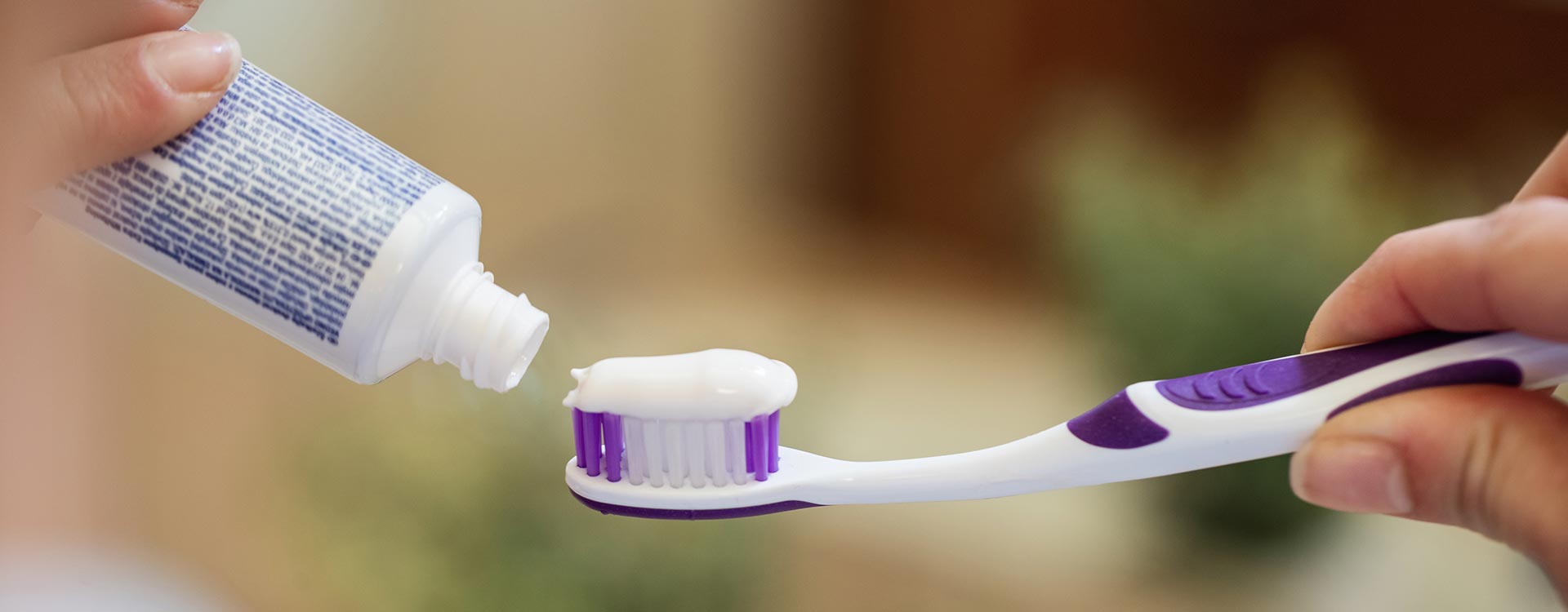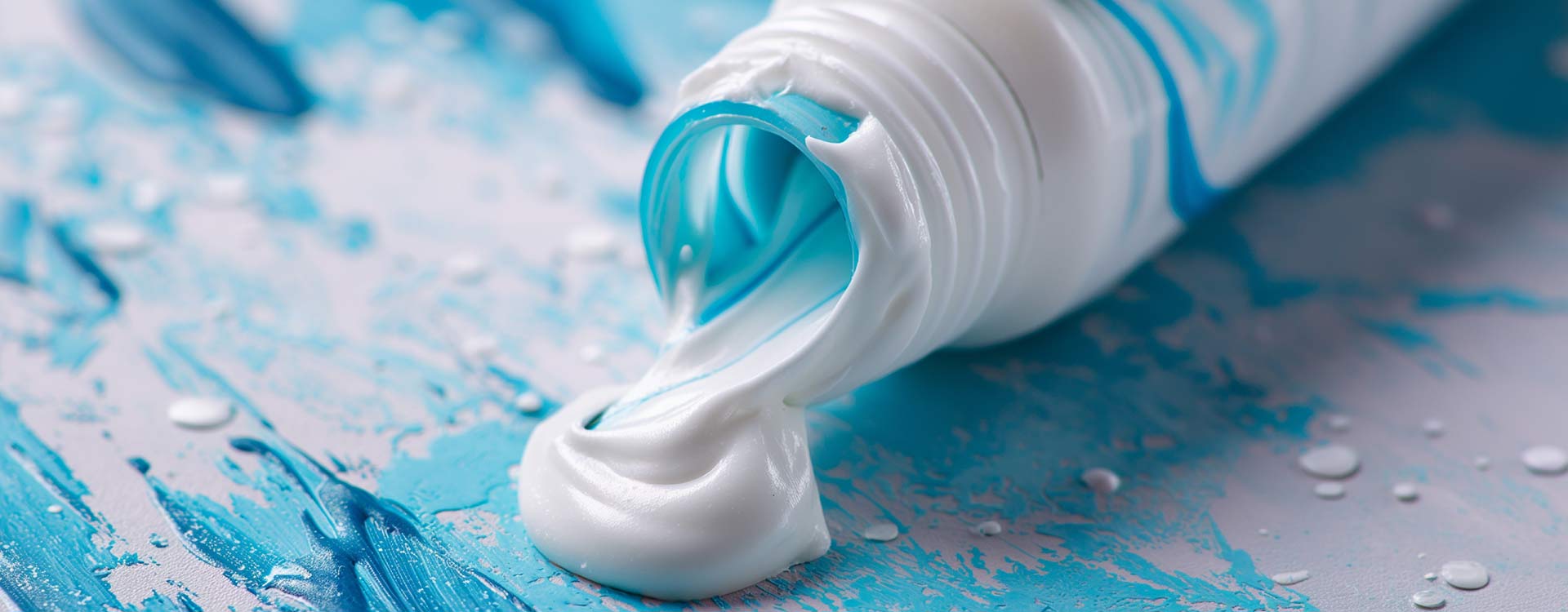Aliadent Oral and Dental Health Clinic
Fluoride Gel/Varnish Applications

Fluoride, or fluoride, is a natural mineral that builds strong teeth and prevents cavities, playing a crucial role in maintaining optimal oral health in Istanbul. Fluoride supports healthy tooth enamel and fights bacteria that damage teeth and gums. Tooth enamel is the outer protective layer of each tooth.
Fluoride is especially useful when there is a high risk of developing tooth decay or cavities, a common concern for oral health in Istanbul. Cavities form when bacteria build up on the teeth and gums and form a sticky layer of plaque. The plaque produces an acid that erodes the teeth and gum tissue. If plaque breaks through the enamel layer, bacteria can infect and damage the nerves and blood in the core of the tooth, leading to more severe oral health issues.
Fluoride plays a crucial role in maintaining oral health, particularly in preventing and repairing the early stages of tooth decay. When consumed through fluoridated water, toothpaste, or supplements, fluoride is absorbed into the bloodstream and incorporated into developing teeth, making them more resistant to acid attacks from plaque bacteria. Additionally, fluoride present in saliva helps to remineralize weakened enamel, reversing the initial stages of tooth decay and preventing cavities from forming. For individuals with a higher risk of cavities, such as those with dry mouth or certain medical conditions, dentists may recommend additional fluoride treatments, such as topical gels or varnishes, to further strengthen tooth enamel and protect against decay.

What happens during a professional Fluoride gel treatment?
Fluoride gel treatments are quick, painless, and safe for both adults and children. They are often recommended for individuals with a high risk of tooth decay, such as those with dry mouth, gum disease, or a history of cavities. Regular fluoride treatments can significantly reduce the risk of cavities and help maintain optimal oral health in Istanbul.
During a professional fluoride gel treatment, your dentist or dental hygienist will first clean and dry your teeth. They will then apply a high-concentration fluoride gel, usually in a tray that fits over your teeth like a mouthguard. The gel has a sticky consistency, ensuring it adheres to your teeth for maximum fluoride absorption. You'll typically wear the trays for about one to four minutes, depending on the specific product and your dentist's recommendation. After removing the trays, you might be asked to spit out any excess gel and avoid rinsing, eating, or drinking for at least 30 minutes. This allows the fluoride to fully penetrate your tooth enamel, strengthening it and making it more resistant to acid attacks from plaque bacteria.
The following may increase your risk of cavities:
- Excessive drug or alcohol use
- Eating disorders
- Poor oral hygiene
- Lack of professional dental care
- Malnutrition
- Dry mouth or decreased salivation
- Weak tooth enamel
What are the benefits of applying fluoride varnish?
Fluoride varnish offers numerous benefits for both children and adults, contributing to optimal oral health in Istanbul, Turkey. Primarily, fluoride works by remineralizing weakened tooth enamel. It does this by attracting minerals like calcium and phosphate from saliva and depositing them back onto the tooth surface, effectively reversing the early stages of tooth decay and preventing cavities from forming. This remineralization process is particularly crucial for individuals with a high risk of cavities, such as those with dry mouth or acidic diets.
Furthermore, fluoride varnish inhibits the growth of harmful oral bacteria, which are the primary culprits behind tooth decay and gum disease. It disrupts the bacteria's ability to produce acid, thereby reducing the risk of enamel erosion and cavity formation. Early exposure to fluoride is especially beneficial for children, as their developing teeth are more susceptible to decay. Regular fluoride varnish applications can strengthen their tooth enamel and establish a strong foundation for lifelong oral health.

Do you need to use toothpaste?
Maintaining optimal oral hygiene involves more than just brushing your teeth; it's a combination of techniques and tools. Brushing twice a day is indeed essential to dislodge and remove plaque, a sticky film of bacteria that accumulates on teeth and gums. This mechanical action, when done correctly, effectively disrupts plaque formation and prevents it from hardening into tartar, which can only be removed by a dental professional. However, brushing alone cannot reach all the nooks and crannies between teeth and along the gumline. Therefore, incorporating flossing or interdental cleaners into your routine is crucial for complete plaque removal and preventing gum disease.
The effectiveness of brushing lies not only in frequency but also in technique and the tools used. While brushing with water alone can remove some surface debris, it lacks the added benefits of toothpaste and other cleaning agents that contain fluoride. Fluoride plays a vital role in oral health by strengthening tooth enamel, making it more resistant to acid attacks from plaque bacteria. Additionally, some toothpastes contain abrasive particles that aid in removing surface stains and polishing teeth. Therefore, using fluoridated toothpaste enhances the cleaning process and offers additional protection against tooth decay.
Fluoride's significance in oral health extends beyond toothpaste. Naturally occurring in most water supplies, fluoride is also added to tap water in many regions, including Istanbul. This practice, known as water fluoridation, has proven to be a safe and effective public health measure in reducing tooth decay rates, especially in communities with limited access to dental care. For individuals who do not have regular dental checkups or those with a higher risk of cavities, the additional fluoride from tap water can significantly improve oral health outcomes.









